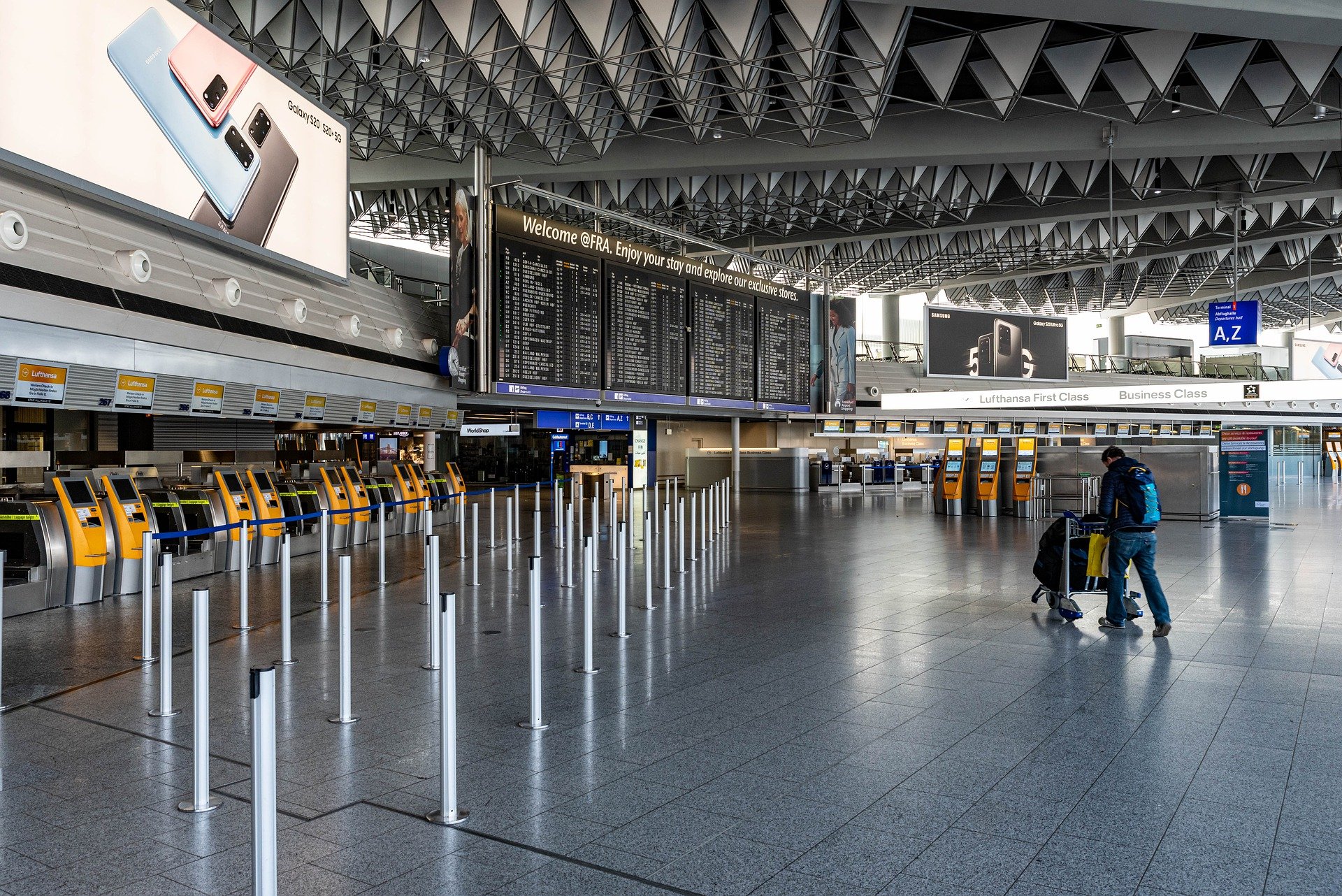By Mandeep S Lamba, Dipti Mohan
Traveler confidence is improving post the second wave, renewing hopes of a recovery for the travel and hospitality sectors. Domestic aviation traffic has been steadily increasing month after month, growing by 47% in June 2021 (compared to May 2021) and 61% in July 2021. The surge in demand has even prompted the ministry of civil aviation to increase domestic airline seat capacity to 72.5% of pre-COVID levels from 65% earlier.
The aviation industry has gone to extraordinary lengths, especially after the second wave, to re-establish passenger confidence and reassure them that it is once again “safe to fly”. Airlines have worked towards taking all the essential steps to ensure the health and safety of passengers and crew members by implementing a variety of measures, including powerful air filtration systems, regular cleaning & sanitization of surfaces, and well-trained staff, as well as enforcing safety protocols and partnering with hospitals and government agencies to vaccinate employees on a priority basis,
Passengers are encouraged to choose a contactless boarding experience by utilizing web check-in or self-check-in kiosks. Passengers are given safety kits prior to boarding, and airline employees are outfitted with adequate personal protection equipment (PPE). Masks and, in most circumstances, face shields are required for all passengers. To maintain compliance and educate the public, announcements are made on a regular basis.
The Indian hotel sector is likewise experiencing a surge in demand, with occupancy levels exceeding 40% in major cities in July 2021. However, anecdotal evidence suggests that the airline sector has been more successful in implementing and executing safety protocols compared to hotels. The hotel sector should not lower its guard on safety measures now, especially as the Delta variant has reduced vaccine efficacy. Any short-term lapses could jeopardize the sector’s gains thus far. As seen in a couple of hotels earlier this year, even a few COVID positive cases of staff or guests in a single hotel can go viral, endangering the sentiment for the entire sector. The hotel sector can perhaps take a leaf out of the aviation sector’s book to encourage guests to follow the safety protocols at their properties.
The sector has introduced and implemented well-defined cleanliness, hygiene, and safety protocols and standard operating procedures (SOPs) during last year. Despite the fact that most branded hotels have established effective COVID behavior guidelines and taken steps to implement them, hotel staff still struggle to enforce these guidelines with guests. There is still a certain hesitancy in requesting guests to wear masks and maintain social distance in public areas such as restaurants and lobbies.
COVID-appropriate behavior, as well as health and safety, should be non-negotiable. Third-party or mystery audits along with retraining employees at all levels on the SOPs can help hoteliers ensure that the protocols are followed to the tee. Strict adherence to safety should become a part of the hospitality industry’s DNA. Hotel management teams should also train their employees on how to handle non-compliance by guests, including respectfully refusing entry to those who are not following the guidelines, to help the sector to take ‘hospitality’ to the next level.


